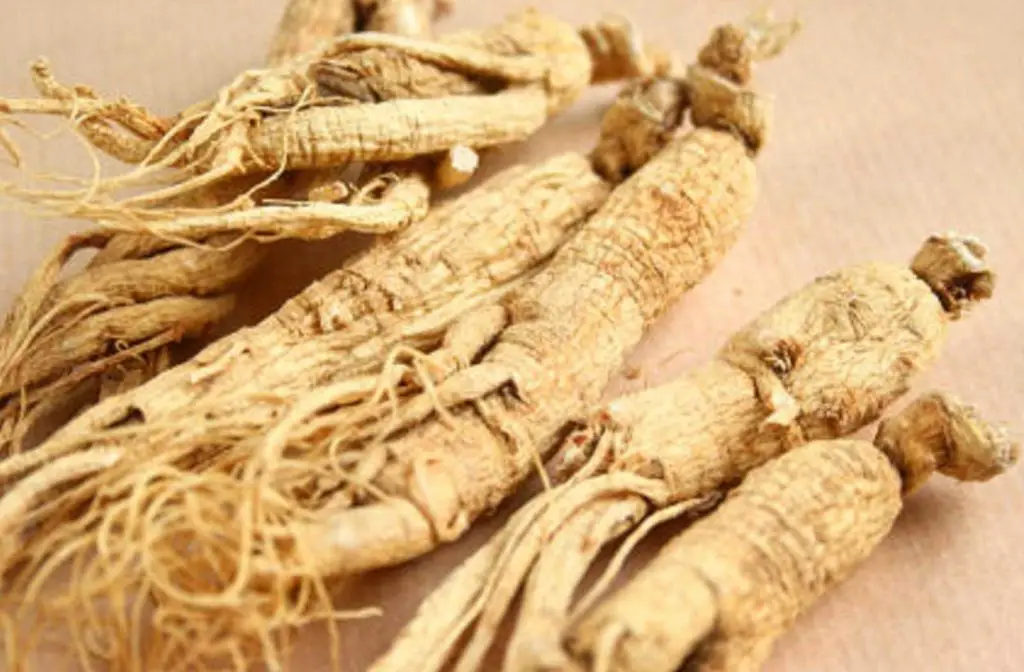What is Dihydromyricetin?
Dihydromyricetin (also known as DHM or Ampelopsin) is a flavonoid that is a favored treatment for a wide range of ailments. It is most typically extracted from Vine Tea Extract (Ampelopsis grossedentata) but it also can be extracted from the bark of the Holvenia Dulcis tree. The Holvenia Dulcis is a raisin tree categorized as oriental, it is also known as the Cedrus Deodara tree. DHM can be extracted from the fruits and stems of the Holvenia Dulcis tree, as well as other species of plants such as cedar trees.
Due to its effect on the body when consumed, DHM is considered a metabolite. In traditional Chinese medicine it is taken as a tea or extract. DHM has a long history as a remedy in Chinese culture. In addition, Holvenia Dulcis has been used as a traditional medicine in other Eastern Asian cultures, such as Korea or Japan, where it was used to treat a variety of ailments including parasitic infections and fever. It was also used as a laxative. Though its use has not yet been verified for any of these more traditional methods, it has proven to be effective in the treatment of conditions listed below.
Dihydromyricetin has a long history of being taken specifically for the purposes of treating headaches and hangovers. This benefit was confirmed by researchers in Los Angeles at the University of California when tests were conducted by applying dihydromyricetin on inebriated rats who served as test subjects. Results showed promise and researchers interested in the applications of dihydromyricetin have been simultaneously testing its effects, as well as developing new products.
Dihydromyricetin Benefits and Uses
Hangover
As indicated above, Dihydromyricetin has been proven to be effective in treating the symptoms of a hangover in animal testing. Many online users also report stronger concentration, improved motivation and a lack of a headache in circumstances under which they would have normally experienced symptoms typical of a hangover. Anecdotal accounts report that when consuming supplements containing Dihydromyricetin after they ingested alcohol, they experienced less incidents of headache, nausea, vomiting, and less anxiety that they would normally have after consuming the same amount of liquor.
Anxiety
Scientists and researchers believe that this is due to the increased amount of dopamine in response to Dihydromyricetin intake. Those suffering from a chemical imbalance that effectively lowers dopamine levels may experience an increased sense of well-being and a decrease in general anxiety. However, it is advised that anyone potentially suffering from such an imbalance should contact a psychiatrist or a physician as intake for this purpose may prove to be problematic. As the benefits of supplements containing Dihydromyricetin are relatively recent, researchers lack studies that show the potential results of long-term usage on the brain.
Alcohol Withdrawal
Studies show dihydromyricetin’s potential for curbing desire for alcohol. When rats who served as test subjects were dosed with DHM, they chose to ingest the non-alcoholic option, when given a choice after three months of treatment. This highlights DHM’s supplemental capabilities for decreasing withdrawal symptoms associated with those wishing to quit drinking along with standard treatment administered by professionals.
Hair
Several topical treatments, for the purposes of reducing hair growth and encouraging loss of hair in undesirable locations, contain Dihydromyricetin. Many online reviews state that while these products do not outright halt growth of hair, they do inhibit it.
Physical Performance
Although preliminary it appears that DHM improves physical performance. A study was conducted on rats. They were given 50, 75 and 100mg of DHM per kg of body weight. The study resulted in the rats in the 75 and 100mg groups having a longer run to fatigue time. In fact, the 100mg group had 3 times the longer run to fatigue time than the control group. In addition the DHM groups had remarkably lower plasma CK levels which are linked to muscle damage.
Alcohol Impairment
Although Dihydromyricetin is not recommended as a quick fix for dangerous levels of alcohol toxicity in the bloodstream, it has shown to be effective in treating impairment of motor coordination, slurred or disoriented speech and confusion brought on the result by consuming alcohol. The aforementioned study at UCLA showed that Dihydromyricetin improved the coordination of test subjects and limited their alcohol-induced behavior. When given the amount of beer that would take an average time of seventy minutes to regain composure, they recovered within five minutes upon receiving a small dosage of Dihydromyricetin.
The reason why DHM is so effective for this purpose (and all treatments of alcohol-related symptoms described below) is due to its effect on acetaldehyde. The majority of negative reactions to alcohol intake are sourced from the body’s accumulation of acetaldehyde, as most alcohol is consumed. The body’s process of breaking down acetaldehyde is expedited by the influence of DHM.
Also of note is Dihydromyricetin’s role in blocking alcohol from affecting key neurotransmitters: glutamate and GABA by inhibiting alcohol’s intoxicating effect on their receptors.
Antioxidant
More recent studies have shown that regular ingestion of an extract containing Dihydromyricetin has long-term antioxidizing effects. Researchers found that this is due to DHM’s minimization of peroxidation of the body’s lipids through a trial that was conducted. In this trial, sixty patients suffering from fatty liver disease experienced beneficial results when DHM improved the body’s ability to metabolize both lipids and glucose resulting in anti-inflammation. This, paired with DHM’s ability to inhibit the increase of both AST and ALT in the blood serum of test subjects, shows its capabilities to protect the liver.
Blood Health
Tests conducted on mice showed decreased levels of fat and sugar in the blood in response to regular dosages of DHM. This is beneficial to all internal organs, particularly the liver.
Tumors
Researchers have drawn links between ingestion of the DHM extract and the restriction of tumor cells proliferating healthy cells. The anti-tumor effects of Dihydromyricetin appear to be due to AMPK activation. Scientists are confident that Dihydromyricetin activates AMPK but they are not sure as to how it induces AMPK activation yet.
Energy
While further testing is needed to see why and how this takes place in response to Dihydromyricetin anecdotals accounts note increased clarity of thought and mental energy.
Dihydromyricetin Dosage
Although recommended dosage varies from product to product, the standard capsule of pure Dihydromyricetin contains roughly around three 300mg. Most studies, as well as product labels recommend the intake of one or two capsules to offset the symptoms of up to six servings of hard spirits or liquor. Manufacturers of the product and customers state that taking DHM capsules immediately after consuming alcohol produces the most efficient effects, making the consumer’s sobriety advance quicker and decreases the risk of a hangover the next day.
Based on the results of the initial study regarding DHM’s effects on sobriety and hangovers, the recommended dosage falls within the range of 100 to 650 milligrams.
Dihydromyricetin Side Effects and Safety
The primary side effect physicians, researchers and manufactuers have about DHM is potential overconfidence in the consumer. Due to the quick onset of sobriety, an individual may have difficulty assessing their own level of intoxication. Consumption of DHM does not produce the ability to drink more than what is healthy. It also does not allow the ability to drive as it does not alter the blood alcohol level. Responsible and sensible usage is recommended.
Most agree that dihydromyricetin is safe for human consumption. This has been confirmed by studies and the advisory on drugs for the British government. Tests on animal subjects have shown minimal negative side effects. It is recommended that those with a history of alcohol abuse or impaired judgement, as a result of massive consumption of alcohol, should refrain from using DHM as a method to drink more than they usually would. Dosage does not negate blood alcohol levels, nor does it completely reverse bodily damage inflicted, as a result of alcohol abuse.
Buying Dihydromyricetin
As previously mentioned, the most popular form of Dihydromyricetin is in capsules that have 300mg servings. This form is widely available online and is preferred for its exact increments and ease of use.
It is recommended you ask for a COA (also known as a certificate of analysis) as it is well within your rights. Make sure when purchasing in the pure powder form, the purity is at least 98% or higher. Pricing may vary depending on quality and supplier.
References:
https://www.ncbi.nlm.nih.gov/pmc/articles/PMC3292407/
https://www.ncbi.nlm.nih.gov/pmc/articles/PMC5421419/
https://www.ncbi.nlm.nih.gov/pubmed/23895162
https://www.thieme-connect.com/products/ejournals/html/10.1055/s-0030-1249776
https://www.ncbi.nlm.nih.gov/pmc/articles/PMC5402300/
http://journals.lww.com/acsm-msse/fulltext/2014/11000/Dihydromyricetin_Improves_Physical_Performance.6.aspx





